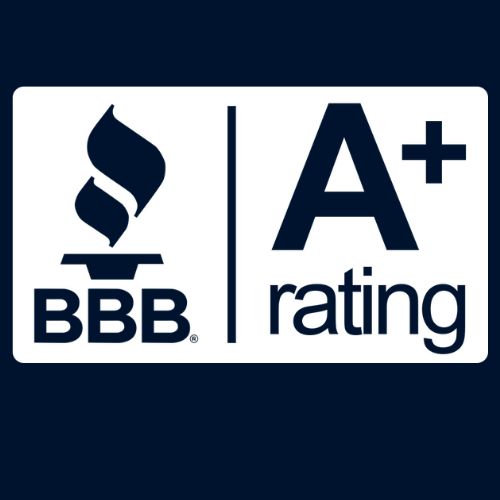Feel. Keeps Its Legion of Fans Happy with the Help of Cloud-Based ERP

When Feel. was founded in 2005, the futsal and soccerware market in Japan was full of dreary apparel that didn’t reflect the fun and dynamic sport. The brand injected much-needed colour and life into the industry and quickly gained a passionate customer base who fell in love with its bold and daring designs. Discover how […]
What Is NetSuite OneWorld?
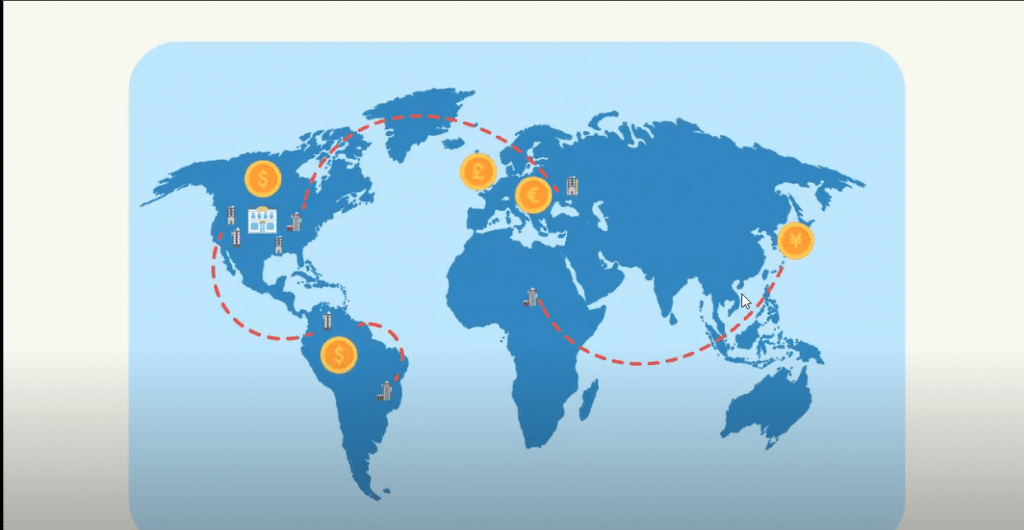
NetSuite OneWorld delivers a real-time, unified global business management solution for enterprises that manage multinational and multi-subsidiary operations. NetSuite OneWorld helps businesses adjust for multiple currencies along with taxation and legal compliance differences at the local level. On the accounting side, NetSuite OneWorld consolidates regional and global operations into a unified view and deploys standard […]
What Is NetSuite Advanced Order Management?
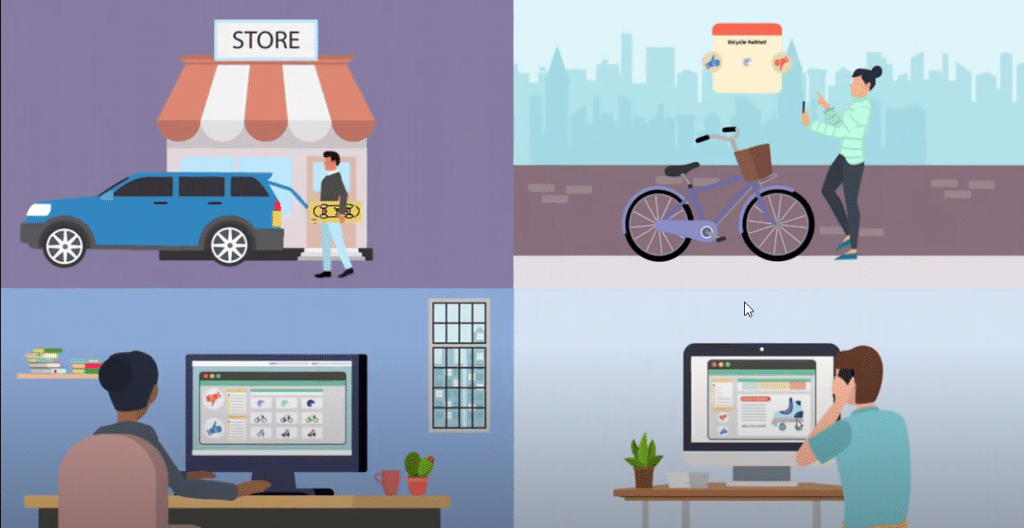
NetSuite Advanced Order Management brings more efficiencies to NetSuite’s Order Management Solution by automating order allocation, orchestration and execution processes. This helps businesses intelligently fulfill orders based on global inventory availability and predefined business rules, ensuring orders move more seamlessly through the fulfillment process while providing businesses greater visibility and control over the supply chain. […]
How NetSuite Helps Agritech Startup Farmpal Empower Indian Farmers

Agritech startup, Farmpal, has designed a digital platform—powered by a user-friendly mobile app—that connects Indian farmers directly with business customers. With its sophisticated supply chain and inventory management system, Farmpal is striving to overcome India’s challenging agricultural problems through technology innovation. Discover how choosing Oracle NetSuite to integrate its financial and inventory data has helped […]
What Is an Order Management System (OMS)?
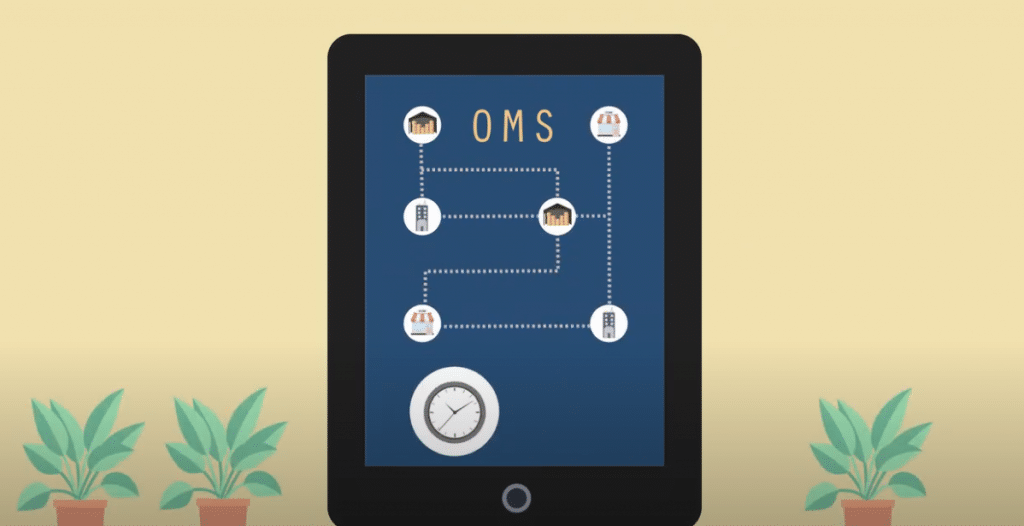
An order management system (OMS) centralizes and automates order processing (including capturing, tracking and fulfillment) from all sales channels and locations, and delivers inventory data that spans across warehouses, stores, third-party logistics and suppliers. An OMS allows merchants to efficiently and profitably manage all orders, lower operational costs and, ultimately, improve the customer experience. What […]
What Is NetSuite Demand Planning?
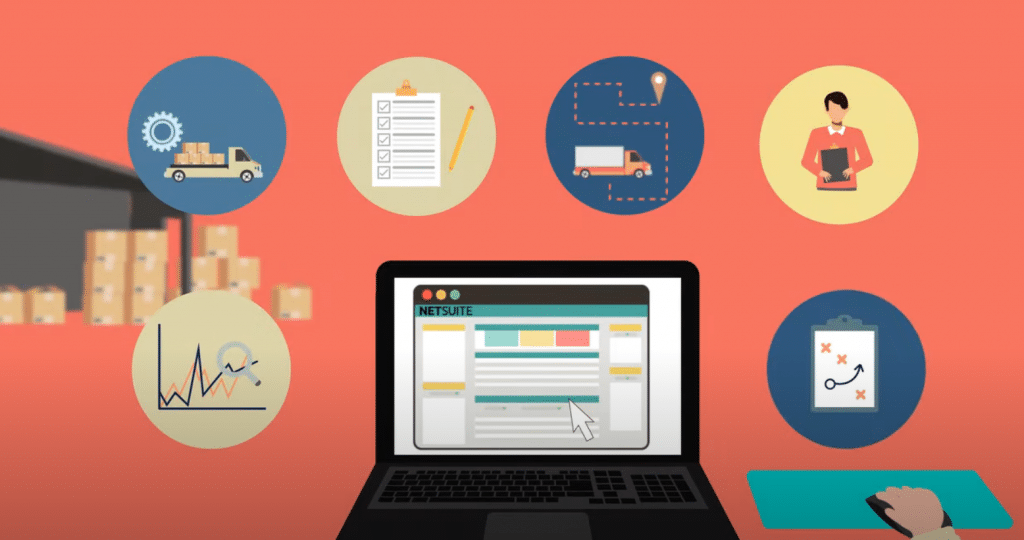
NetSuite Demand Planning helps businesses strike the most cost effective balance between supply and demand. It calculates and predicts inventory based on historical or demand sales forecasts, and thus, it helps businesses manage inventory more efficiently and with greater accuracy. As a part of NetSuite, the solution also simplifies supply management, automatically generating purchase orders, […]
Poolwerx Increases the Value of Its Franchisees With Oracle NetSuite

Poolwerx is the largest pool and spa maintenance company in the world. Over the past three decades, the business has revolutionised the pool service industry through its franchise-operated model and now operates in over 355 territories with 670 service vans and 160 retail stores across Australia, New Zealand and America. Founder and CEO John O’Brien […]
How NetSuite Helps Fuel BioPak’s Crucial Mission to Save the Planet
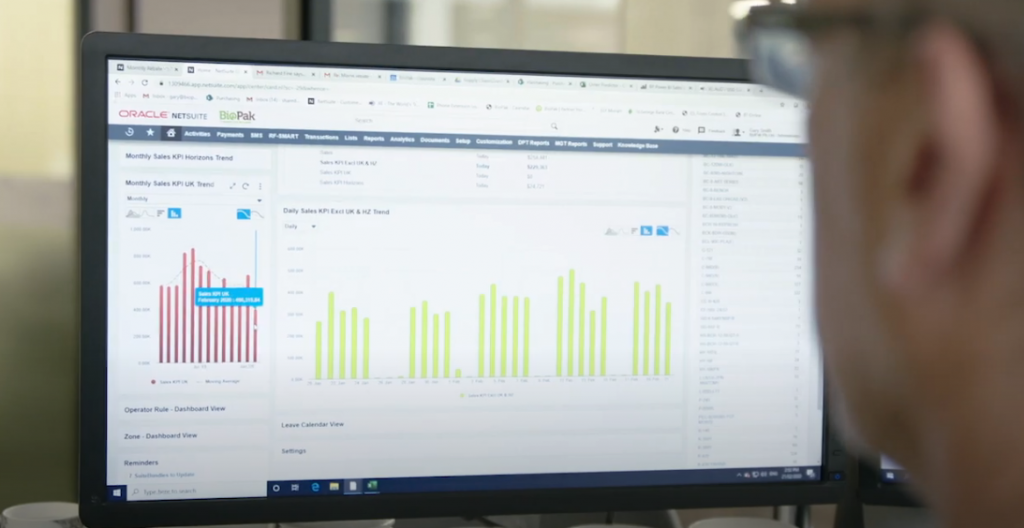
With a mission to develop the most sustainable packaging possible and help save our planet, BioPak uses plant-based materials to produce compostable, hygienic and affordable food packaging – making it a hit with hospitality businesses around Australia, New Zealand and now Europe. Growing rapidly since its start in 2006, BioPak needed an enterprise resource planning […]
Bailey Nelson Eyes Global Expansion With Better Visibility Into Operations

Founded in Sydney’s Bondi Beach in 2012, Bailey Nelson is a direct-to-consumer eyewear retailer. Its stylish and affordable frames combined with exceptional customer service proved a winning formula, and the brand now boasts 70 stores across Australia, New Zealand, Canada and the UK. As the business grew, Bailey Nelson faced challenges in managing global expansion, […]
On-Premises vs. Cloud-Based ERP Solutions
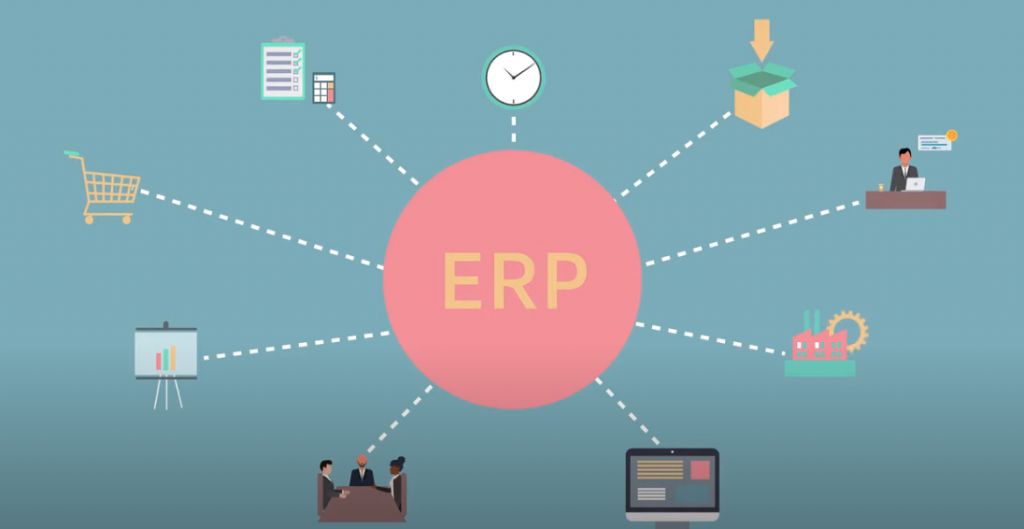
The biggest difference between cloud-based ERP and on-premises ERP solutions is how they’re deployed. Cloud-based software is hosted on the vendor’s servers and accessed through a web browser. On-premises software is installed locally, on company-owned computers and servers. The type of deployment model an organization chooses can have a significant impact on the business, including: […]
